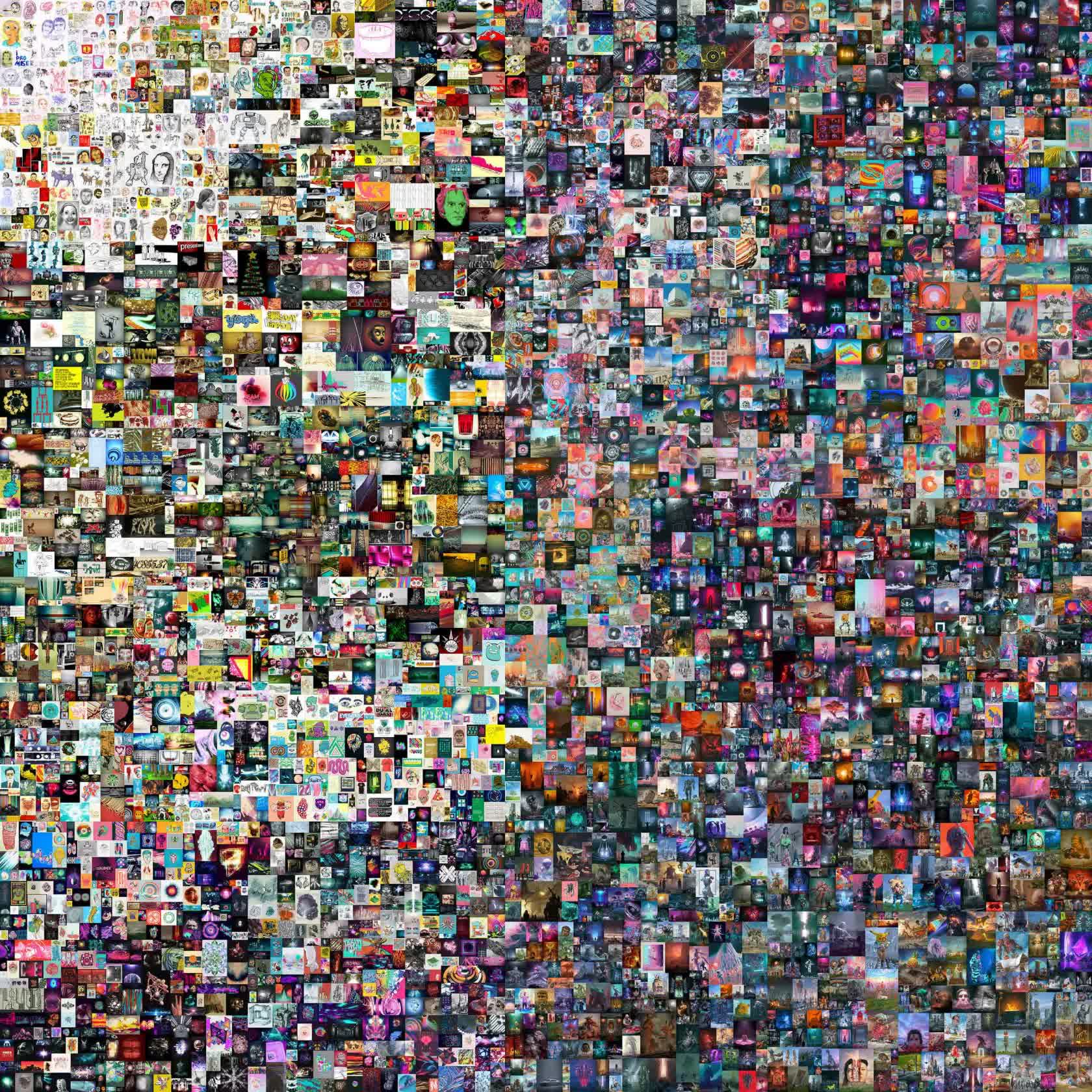TL;DR: Sir Tim Berners-Lee, the man who invented the web, is jumping on the non-fungible token bandwagon by auctioning off an NFT representing the original source code of the World Wide Web. Bids start at $1,000, but it's expected to sell for an impressive amount of money, some of which will go toward initiatives supported by Berners-Lee and his wife, Rosemary Leith.

Named "This Changed Everything," the NFT will go on sale at Sotheby's auction house on June 23 for a week. The single-edition NFT contains four elements: the original time-stamped files containing the source code written by Berners-Lee in 1990 and 1991; an animated visualization of the code being written; a letter written by Berners-Lee reflecting on the code and the process of creating it; and a digital "poster" of the entire code created by him from the original files using Python, which includes a graphic of his physical signature.
"Three decades ago, I created something which, with the subsequent help of a huge number of collaborators across the world, has been a powerful tool for humanity," Berners-Lee said. "While I do not make predictions about the future, I sincerely hope its use, knowledge and potential will remain open and available to us all to continue to innovate, create and initiate the next technological transformation, that we cannot yet imagine. NFTs (non-fungible tokens), be they artworks or a digital artifact like this, are the latest playful creations in this realm, and the most appropriate means of ownership that exists. They are the ideal way to package the origins behind the web."
Sotheby's has compared the files, which contain around 9,555 lines of code, to the original copies of the Magna Carta and Leonardo's Codex in terms of their significance. They also contain implementations of the three languages and protocols invented by Berners-Lee—HTML, HTTP, URIs—along with original HTML documents that instructed early web users on how to use the application.
"Sir Tim's invention created a new world, democratizing the sharing of information, creating new ways of thinking and interacting, and staying connected to one another," said Cassandra Hatton, global head of science and popular culture at Sotheby's.
"Over the past several centuries humankind has seen a succession of paradigm shifts that have brought us forward into the modern era ... but none has had the seismic impact on our daily lives as the creation of the World Wide Web."

Would you pay $69 million for this?
This Changed Everything has the potential to be one of the most expensive NFTs ever sold. Whether it reaches the record $69 million that auction house Christie's and artist Mike Winkelmann made with "EVERYDAYS: THE FIRST 5000 DAYS" (above) remains to be seen.
https://www.techspot.com/news/90065-tim-berners-lee-auctioning-off-web-original-source.html